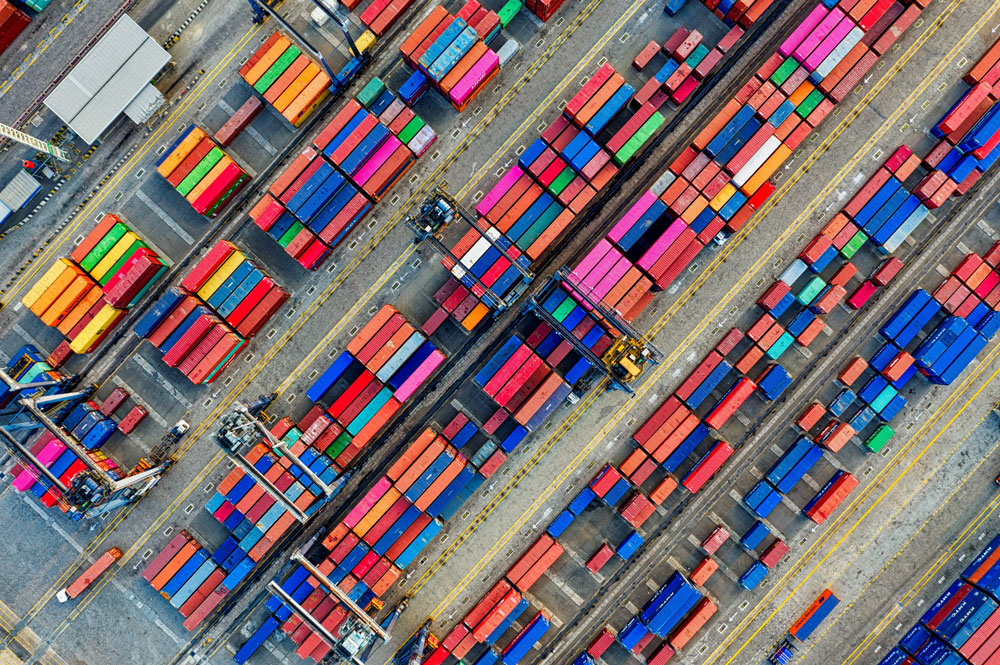“Whoever manages to shorten the new technologies adoption curves and secures a strong digitalization commitment, is going to set themselves as a front-runner in the industry, a commitment we also take,” said Kamelia Vasileva, Global Clients Commercial Director in Gopet Trans, in an interview for Manager Magazine’s special new-year edition “First in Business”. Our 27 years of valuable experience and dynamic development in the logistics sector has taught us that crisis also means opportunity.
According to her, in 2021 was of significant importance for Gopet to act promptly, calibrate, re-organize and adapt a new business strategy and even model and step up with new logistics solutions in order to stay stable and keep the interest of the stakeholders. Below you can read the entire interview with Kamelia Vasileva, Global Clients Commercial Director, in “The First in Business” Magazine.
2021 passed under the sign of great structural market changes and redistribution of supply and demand. What we are dealing with now is a completely new type of volatility of the markets. Until this point, all businesses were focused on minimizing the negative effects of 2020’s heavy social distancing measures, enforced not only in Bulgaria, or Europe, but globally. Challenges related to pandemics will continue to impact markets in 2022, whether we talk about capacity fluctuations (including the impact of the mobility package, entering in force late February 2022), planning inefficiencies due to delays, or re-routing, caused by restrictions popping up around Europe, or the continued shortage of particular goods categories (semiconductors, plastics, paper, more recently), or others, artificially created by the container clogging that seems to perpetuate in China. All this requires from businesses, us included, outstanding agility and continuous market monitoring to cope with such increased volatility.
Asia is facing problems related to the provisioning of European supply chains, which will continue in 2022. In this perspective, the strategic geographical position of Bulgaria gives us a competitive advantage and new opportunities to attract both foreign and domestic investors, and our country – to establish itself as an economically reliable partner for Europe. They talk about new investments in manufacturing companies and the development of transport infrastructure, but here the period is longer than a year. It takes time to see the results of these projects, and their success will largely depend on the support of the state and local authorities. We’ll have to deal with new challenges, while we’re still struggling with the already existing, such as underdeveloped intermodal infrastructure and transport fleet developing slower than market needs.
All in all, 2022 is promising great potential for growth for the industry. Even if supply chains are under tremendous pressure, there is an innate resilience that is now going to the next level. Whoever manages to shorten new technologies adoption curves and secures a strong digitalization commitment, is going to set themselves as a front-runner in the industry, a commitment we also take.


